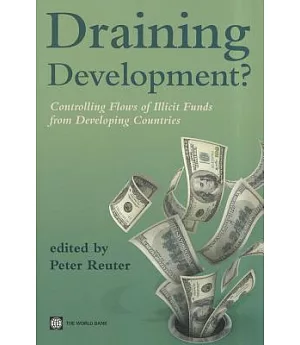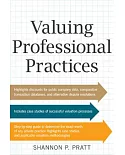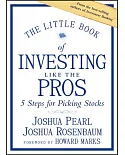A growing concern among those interested in economic development is the realization that hundreds of billions of dollars are illicitly flowing out of developing countries to tax havens and
other financial centers in the developed world. This volume assesses the dynamics of these flows, much of which is from corruption and tax evasion. What causes them, what are their consequences
and how might they be controlled? The chapters by authors from a variety of backgrounds, including criminologists and practicing lawyers as well as economists, examine many dimensions of the
phenomenon. For example, one chapter examines the political economy of the issue; to what extent is this the consequence of a more general failure of governance, so that it is more a
manifestation of government weakness or can it be identified with a few specific features? Two other chapters examine major illegal markets (drug trafficking and human smuggling) to assess how
they contribute to these flows. Other chapters are concerned with the corporate role in the phenomenon, particularly the possibility that transfer pricing (in which firms set prices for
international trade among wholly owned affiliates) might play a major role in moving money illicitly.





















